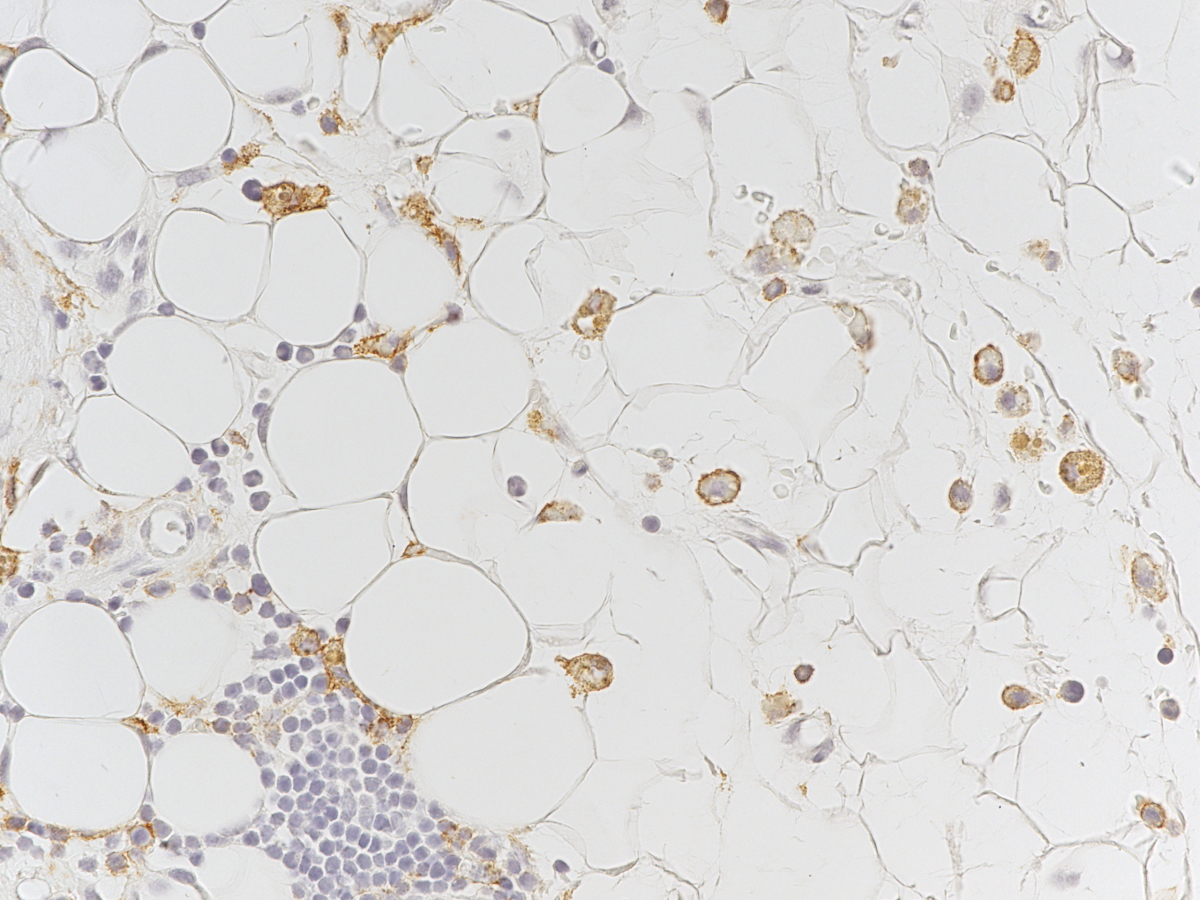In 2018, Dr. Canaud’s team discovered a game-changing drug for Cloves syndrome, a rare genetic disease leading to the anarchic development of certain organs. The Foundation supports the team's fundamental research to discover the mechanisms underlying this condition.
Fighting Cloves syndrome
Cloves syndrome is a severely disabling condition that affects children from a very early age. It causes the excessive and disharmonious growth of some organs or tissues. The overgrowths – vascular deformities, scoliosis, kidney or brain deformities, etc. – may or may not be visible. The syndrome is a rare genetic disorder caused by a mutation in a gene called PIK3CA that occurs in certain tissues during embryogenesis, leading to high variability in disease expression. Until recently, no treatment was available.
The first global treatment: what next?
Dr. Canaud and his team at the Institut Necker Enfants Malades in Paris developed the first treatment. They discovered that BYL719 inhibits the defective PIK3CA protein, shrinking vascular overgrowth in nineteen patients. Despite this promising therapeutic breakthrough, understanding of the disease remains limited. Scientists now need to better comprehend its molecular and cellular basis.
 Listen to the podcast
Listen to the podcast
Jean-Baptiste Del Amo raconte Guillaume Canaud
The foundation's support
With help from the Fondation Bettencourt Schueller, Dr. Canaud developed a new fundamental research program. The scientists sought to identify the exact nature of the tissues affected by the disease. They figured out how they influence the surrounding tissue, causing chaotic development and spreading the disease. This knowledge will allow new therapeutic targets for treatment-resistant patients as well as biomarkers of disease progression to be identified.
Find out more about the Foundation's support in life sciences
The Fondation Bettencourt Schueller supports and encourages researchers who contribute to the influence of France in the life sciences. This was the first commitment of the Foundation since its creation in 1987. Although it is mainly oriented towards basic research, its purpose is to improve human health.
See all projects in the field of life sciences



